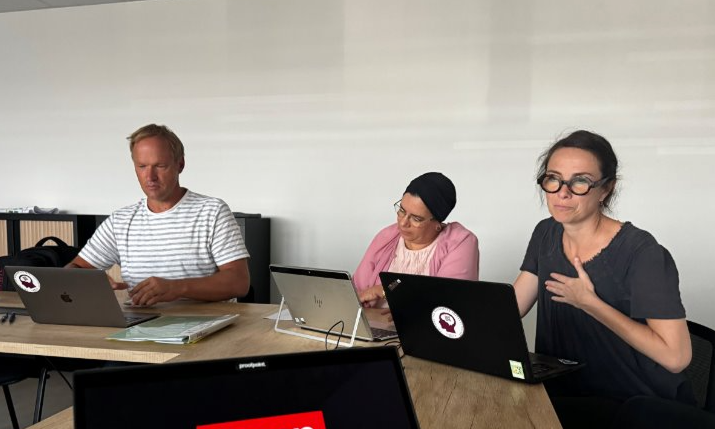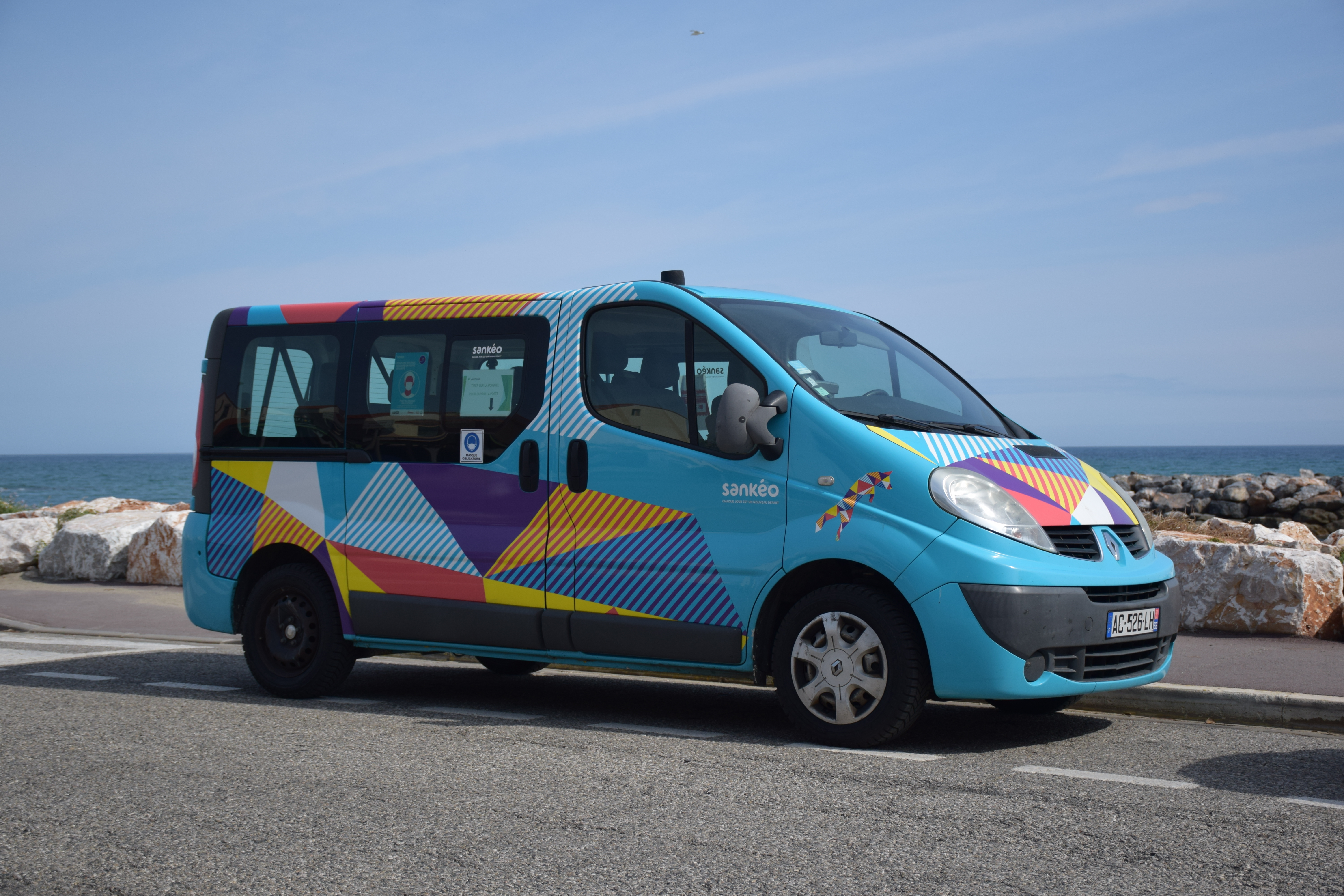Keolis conducted an exploratory study on the experience of on-demand transport (ODT) and paratransit services drivers. This rigorous and innovative scientific approach aims to optimize their performance and improve daily work environments, achieving operational excellence in its ODT networks.
Methodology: Analyzing 24 drivers and interviewing 15 managers to understand each service context.
Objective: Understand activities, analyze real and perceived tasks, and evaluate skills and experience profiles. This process was carried out in collaboration with Mental Eco, experts in workplace well-being and mental health, specializing in actions related to quality of work life (QWL) and corporate social responsibility (CSR).



